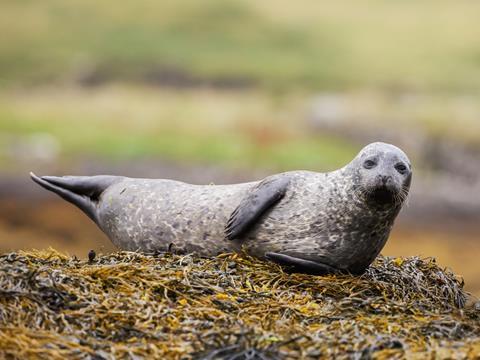
The RSPCA has rejected claims it is supporting a “shoot-to-kill” policy of seals on RSPCA Assured salmon farms, and claimed seals were only shot as a last resort.
The charity has come under fire from the Global Alliance Against Industrial Aquaculture for continuing to certify salmon from Scottish aquaculture sites, which permitted the shooting of seals threatening fish.
The group, which has previously attacked M&S for selling salmon from a supplier that shoots seals, is planning to demonstrate at the RSPCA HQ in Horsham on 10 December.
GAAIA director Don Staniford said the RSPCA’s policy on seals was “indefensible” and “completely out of kilter” with its mandate of animal welfare.
However, an RSPCA spokeswoman defended the policy, adding if a member could not demonstrate lethal action was taken as a last resort, they would be automatically suspended from the scheme. “No one wants seals to be shot, least of all the RSPCA, but neither do we want hundreds or thousands of salmon - which have the capacity to feel pain - to suffer and die in a seal attack,” she said. “It’s a welfare dilemma and one which we are working hard to address.”
GAIAA’s Staniford added that the RSPCA should instead press for the introduction of so-called predator nets on all of its 220 Assured salmon farm sites in Scotland to keep seals from attacking salmon stocks, however, the RSPCA’s fish specialist John Avizienius described the nets as expensive and dangerous to other species.
“These nets are not a panacea, and can catch and drown birds, otters and even seals,” he said. “The trend of having to shoot seals is actually falling, and what groups like GAAIA never mention is the carnage meted out by seals when they enter a salmon farm.”
It follows an attack by GAAIA on Marks & Spencer in September after it exposed its supplier Scottish Sea Farms as the largest killer of seals in Scotland, and threats to protest at rival supermarkets if they did not stop sourcing salmon from seal-killing farms.
A spokesman for M&S reiterated the RSPCA’s position of using the practice as a last resort, adding “we have led the industry on this issue and invested time and money to avoid this happening”.







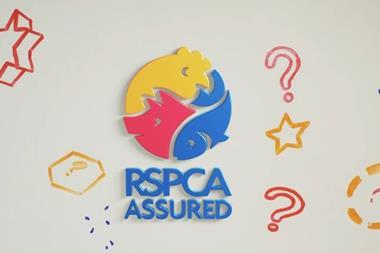
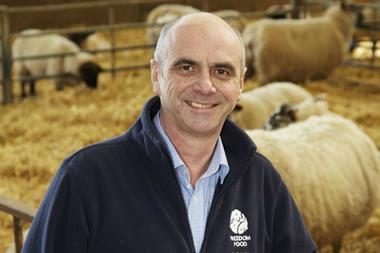

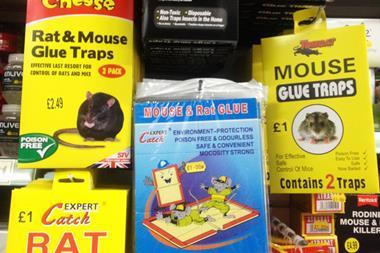
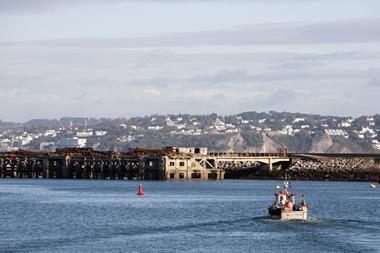
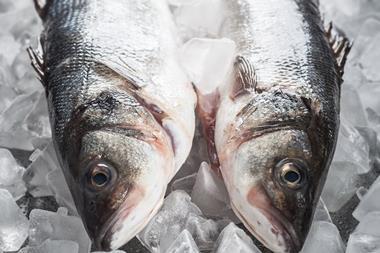






No comments yet